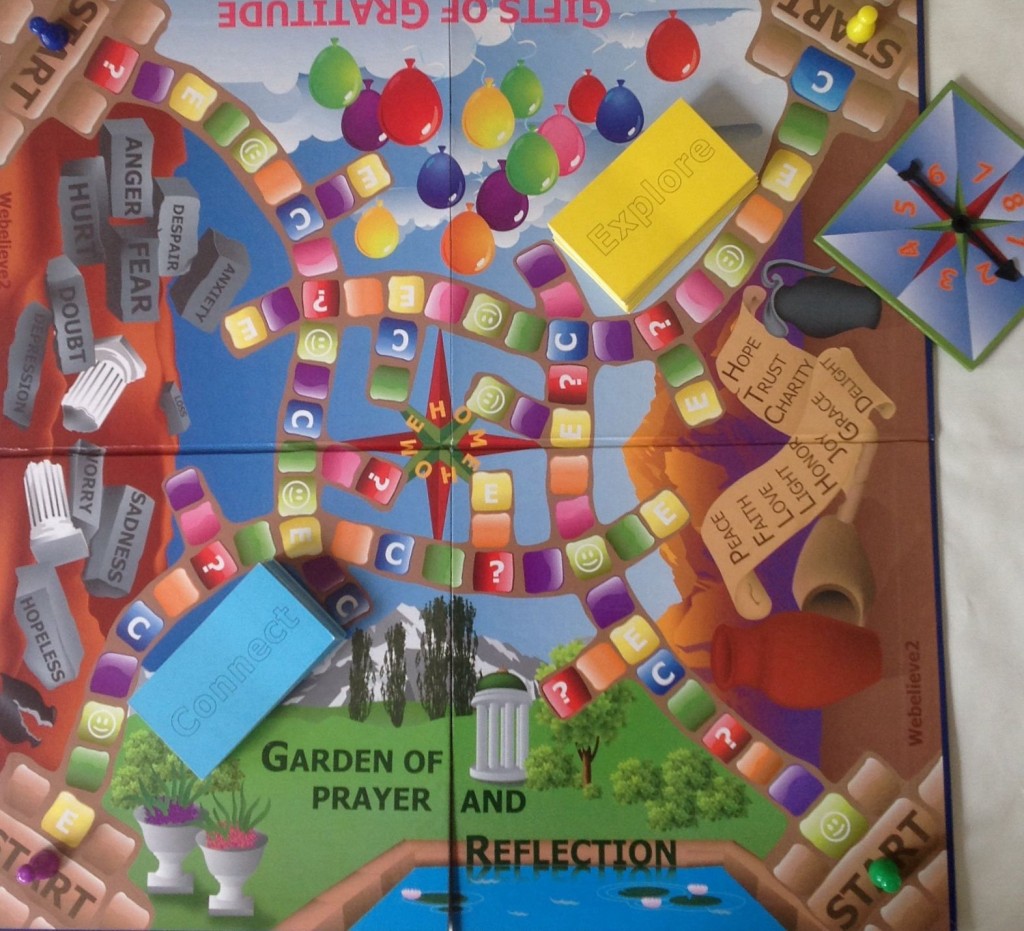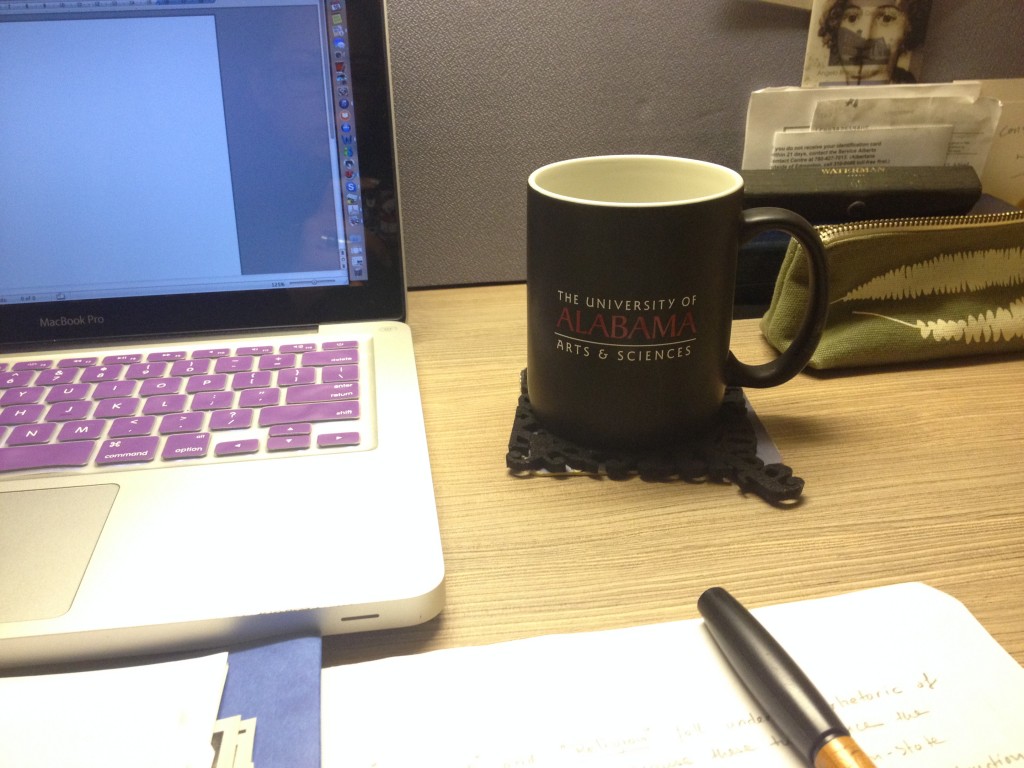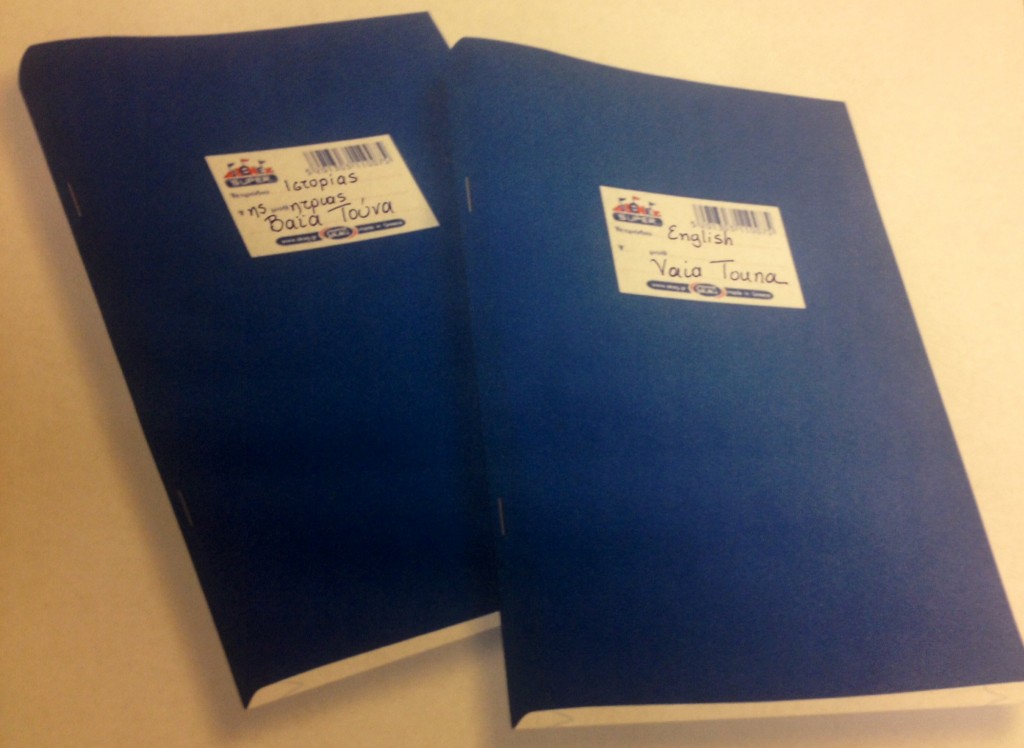 Being a basketball fan is almost automatic when you are born in Kentucky. As a Kentucky Wildcat fan, I certainly have enjoyed this perfect basketball season, but I have been a fan of the Cats in the less-than-perfect years, too. I even remember exactly where I was when Christian Laettner hit that infamous shot twenty-three years ago. If you’re over thirty and don’t know where you were when that dagger went through the heart of the Big Blue Nation, I am not certain that you can call yourself a true fan. Continue reading “Competing for Status”
Being a basketball fan is almost automatic when you are born in Kentucky. As a Kentucky Wildcat fan, I certainly have enjoyed this perfect basketball season, but I have been a fan of the Cats in the less-than-perfect years, too. I even remember exactly where I was when Christian Laettner hit that infamous shot twenty-three years ago. If you’re over thirty and don’t know where you were when that dagger went through the heart of the Big Blue Nation, I am not certain that you can call yourself a true fan. Continue reading “Competing for Status”
Inclusivity as a Strategy of Exclusion
 Interreligious dialogue and notions of tolerance, while suggesting inclusivity, often employ exclusions that identify insiders and outsiders, although these insiders and outsiders are different than the boundaries commonly employed in communities. An interesting example of this paradox is Webelieve2, a board game advertised as encouraging discussion among people with different religious commitments. The game is designed to create an opportunity to “learn about others” and “to connect with others.” While targeted marketing to Religious Studies professorsassumes certain interests inform the study of religion (several of my colleagues and I recently received emails advertising this game), the game also reflects particular assumptions about religion that create a variety of exclusions that seem to counter the instructions’ interest in creating an environment where “people feel ‘safe’ when sharing.”
Interreligious dialogue and notions of tolerance, while suggesting inclusivity, often employ exclusions that identify insiders and outsiders, although these insiders and outsiders are different than the boundaries commonly employed in communities. An interesting example of this paradox is Webelieve2, a board game advertised as encouraging discussion among people with different religious commitments. The game is designed to create an opportunity to “learn about others” and “to connect with others.” While targeted marketing to Religious Studies professorsassumes certain interests inform the study of religion (several of my colleagues and I recently received emails advertising this game), the game also reflects particular assumptions about religion that create a variety of exclusions that seem to counter the instructions’ interest in creating an environment where “people feel ‘safe’ when sharing.”
Traditional? Why not?!
 As I got back to working on my dissertation’s chapter on tradition a question kept coming up: “What’s a tradition?” It’s the question that hunts me day and night. How do we talk about this? Is it all around us? When do we say this is tradition or traditional and what do we accomplish by saying this? Is tradition even a thing (invented or not) or is it a process?
As I got back to working on my dissertation’s chapter on tradition a question kept coming up: “What’s a tradition?” It’s the question that hunts me day and night. How do we talk about this? Is it all around us? When do we say this is tradition or traditional and what do we accomplish by saying this? Is tradition even a thing (invented or not) or is it a process?
No doubt you’ll read some great insights on the issue in an upcoming volume from Culture on the Edge (in an essay by Craig Martin). But wait…Spoilers!! Until then, I’m left to try and solve or complicate this notion of tradition on my own. Continue reading “Traditional? Why not?!”
Who Are You? I’m Vaia and Touna

“Who Are You?” is an ongoing series that asks members of Culture on the Edge to reflect on one of their own many identities (whether national, gendered, racial, familial, etc.), theorizing at the same time the self-identification that they each chose to discuss.
Who we are comes with a name and mine is Vaia, or better said, Vaia Touna. It’s interesting that the name that we come to think that is so much part of who we are was chosen and given to us by others, most likely by our parents. Who we are and how we perceive ourselves is certainly socially constructed, that is, there is nothing inherent in the name we are given, for think about how much teaching and training was involved until we learned to respond to this specific name. Continue reading “Who Are You? I’m Vaia and Touna”
